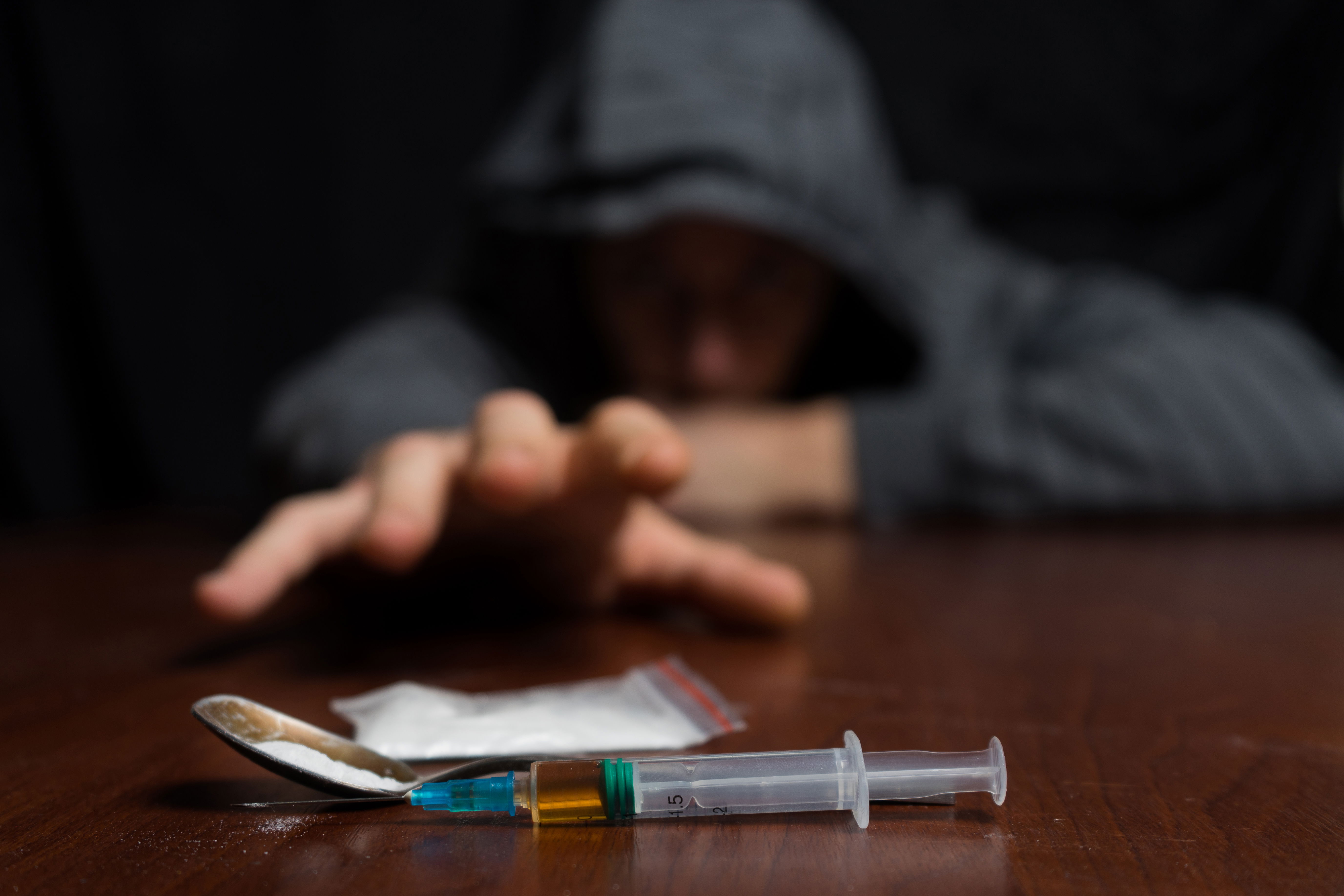Understanding Mental Health Issues and Addiction

Mental health issues and addiction are intricately linked, creating a complex web of interrelated challenges that affect countless individuals. Many psychological disorders can significantly contribute to the development of substance misuse, as people often turn to drugs or alcohol in an attempt to cope with their emotional pain or distress. For instance, conditions such as schizophrenia—a serious mental disorder characterised by disruptions in thought processes, perceptions, and emotional responsiveness—can lead individuals to seek temporary relief through substance use. Similarly, bipolar disorder, marked by extreme mood swings ranging from depressive lows to manic highs, may drive some individuals to consume alcohol or drugs as a form of self-medication during challenging episodes. Moreover, manic depression—now more commonly referred to as bipolar disorder—often compels affected individuals to engage in risky behaviours and seek escapism through substances. This cycle can create a vicious feedback loop; as the individual consumes more alcohol or drugs in an effort to escape their symptoms, the resulting substance dependence only serves to further exacerbate their existing mental health challenges. In this context, understanding the dual diagnosis of mental health issues and addiction is crucial for developing effective treatment strategies that address both conditions simultaneously and promote holistic recovery for those affected.

Attention deficit hyperactivity disorder (ADHD) is a neurodevelopmental condition that has been identified as a significant factor that may elevate the risk of developing addictive behaviours in affected individuals. Those living with ADHD often grapple with challenges related to impulse control, which can lead to hasty decision-making and a tendency to engage in risky behaviours, including substance use. This impulsivity can stem from difficulties in regulating emotions and managing attention, making it easier for individuals to turn to substances as a means of self-medication or escape. Moreover, mental health conditions such as generalized anxiety disorder (GAD) and obsessive-compulsive disorder (OCD) can further exacerbate this issue. Individuals diagnosed with GAD frequently experience persistent and excessive worry that can be overwhelming, leaving them seeking relief from their anxiety through various means. Similarly, those suffering from OCD might find themselves grappling with intrusive thoughts that create significant distress; this mental turmoil may drive them towards using substances as a temporary coping mechanism. In both cases, the allure of substances may seem like an attractive solution for managing their emotional pain or anxiety, albeit often leading to detrimental consequences in the long run. Therefore, understanding the interplay between these mental health conditions and addictive behaviours is crucial for developing effective prevention strategies and treatment approaches.

Post-traumatic stress disorder (PTSD) frequently co-occurs with addiction, creating a complex interplay that can significantly impact an individual's mental health and overall well-being. Individuals suffering from PTSD often find themselves grappling with overwhelming emotional pain and distress stemming from traumatic experiences, such as combat exposure, natural disasters, or personal assaults. In an attempt to cope with these debilitating feelings, many turn to substances like alcohol or drugs as a form of self-medication. This reliance on substances may provide temporary relief but ultimately exacerbates their psychological struggles and contributes to the cycle of addiction. Similarly, panic disorder, characterised by recurrent and unexpected panic attacks—episodes of intense fear that can manifest in physical symptoms such as palpitations, shortness of breath, and dizziness—can also lead individuals down the path of substance use. The intense fear associated with these sudden attacks often leaves individuals feeling vulnerable and desperate for relief. They may resort to alcohol or other drugs in hopes of managing the crippling anxiety that accompanies each panic episode. Unfortunately, while this might offer a fleeting sense of control or comfort during particularly anxious moments, it can set off a chain reaction where dependence on substances further complicates their mental health landscape. The intersection between PTSD, panic disorder, and addiction highlights the necessity for comprehensive treatment approaches that address both the psychological trauma at its core and substance use behaviours simultaneously. Understanding this relationship is crucial for developing effective therapeutic strategies aimed at helping individuals reclaim their lives from the grip of these intertwined disorders.

Lastly, antisocial personality disorder (ASPD) is often characterised by impulsive behaviour and a profound disregard for societal norms and expectations. This condition can lead individuals to engage in a variety of harmful actions, including patterns of substance abuse, which frequently co-occur with ASPD. For instance, individuals with this disorder may turn to drugs or alcohol as a means of coping with their emotions or as a way to seek thrills that align with their impulsive tendencies. Understanding the intricate connections between antisocial personality disorder and substance abuse is crucial for developing effective treatment strategies that address both mental health issues and addiction concurrently. By recognising how these factors interrelate, healthcare professionals can create comprehensive intervention plans that not only target the symptoms of ASPD but also provide support for overcoming substance dependency. This dual approach is essential in facilitating long-term recovery and improving the overall quality of life for those affected by these intertwined challenges.
